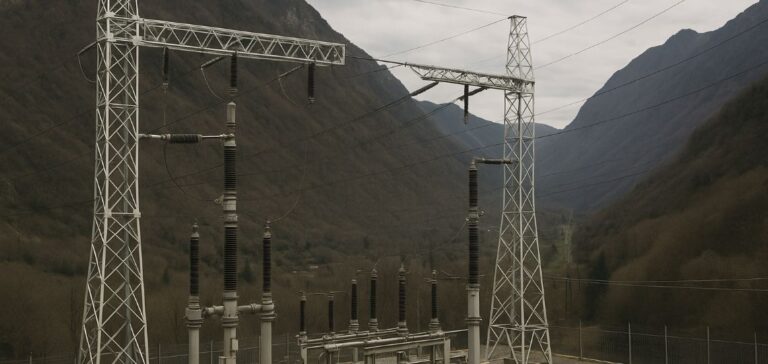The power outage that struck Spain and Portugal on April 28 continues to raise technical and political questions at the European level. The French transmission system operator, Réseau de transport d’électricité (RTE), stated it has “no evidence” at this stage suggesting that wind or solar energy caused the incident.
A high level of renewable production, but not unprecedented
RTE clarified that renewable energy accounted for 70% of Spain’s electricity production just before the outage—a figure it described as “significant” but “not unprecedented.” Similar levels had already been reached in 2024 and 2025. The operator released an online document addressing several unfounded claims circulating on social media, including theories linking the blackout to weather conditions or wildfires.
The event was quickly used in Spanish political discourse, with some figures blaming the variability of renewables. However, European grid operators maintain that outages of this scale are more often due to failures in the transmission network than issues at generation facilities.
A coordinated European technical investigation
The European Network of Transmission System Operators for Electricity (ENTSO-E) has formed an expert group to determine the exact causes of the incident. The European Union Agency for the Cooperation of Energy Regulators (ACER) confirmed that the investigation is now underway. According to RTE, European regulations provide for a six-month deadline to publish final findings.
The investigation will assess whether the high share of renewables in Spain’s energy mix may have played a role in the incident’s spread, without necessarily being the initial cause. The sector awaits these findings at a time when renewable capacity continues to grow.
France supports restart efforts through interconnections
In the hours following the blackout, France supplied up to 2 GW of electricity to the Spanish grid through the six existing interconnections between the two countries. A new infrastructure project, the “Bay of Biscay” line, is currently under construction. Mostly submarine, it will increase exchange capacity from 2.8 GW to 5 GW by 2028.
Spanish Minister for the Ecological Transition, Sara Aagesen, stressed the importance of strengthening cross-border electrical ties. She urged France not to block new interconnection projects across the Pyrenees, despite local opposition based on environmental concerns.
National grid upgrades must accompany European links
RTE reaffirmed its willingness to cooperate with its Spanish and Portuguese counterparts. However, the French operator emphasised the parallel need to upgrade the domestic grid to ensure the safe long-term operation of interconnections.
The Iberian blackout highlights the current limitations of transmission infrastructure in an increasingly decentralised power production landscape. Modernisation and expansion of interconnections are becoming central levers for maintaining grid stability amid an accelerating energy transition.






















